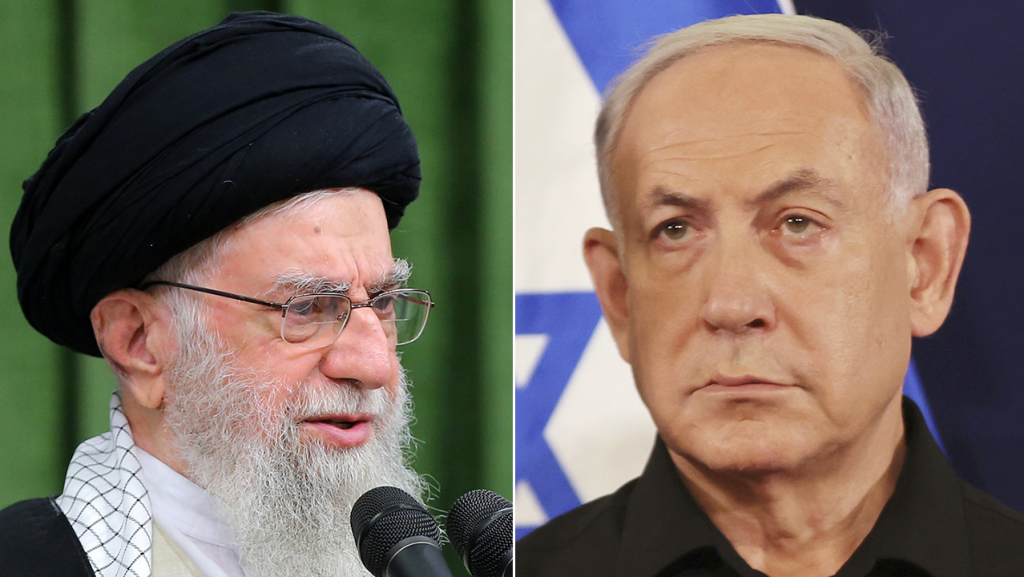Iran has issued a warning that it will attack Israel if talks with Hamas for a ceasefire in Gaza fail. This warning comes after the assassination of Hamas political chief Ismail Haniyeh in Tehran in late July. Three senior Iranian officials told Reuters that Iran and its allies, including Hezbollah, would launch a direct attack on Israel if they feel negotiations are being dragged out by Prime Minister Benjamin Netanyahu’s government. The only thing preventing a direct strike at the moment is a potential ceasefire deal between Israel and Hamas. Talks are expected to resume on Thursday, with Hamas stating that they will not participate in new negotiations unless a plan based on previous talks is presented.
The White House National Security Communications Adviser, John Kirby, has echoed the concerns of Israeli counterparts, stating that they share the assessment that Iran and its proxies could potentially launch a retaliatory strike as soon as this week. Iran’s President Masoud Pezeshkian has also expressed to Britain’s Prime Minister, Keir Starmer, that retaliation against Israel over the killing of Ismail Haniyeh is considered a right and a way to discourage future aggression. The two leaders discussed ways to restore peace and stability in the region and the world, as well as improving bilateral relations. Starmer emphasized his concerns about the situation in the region and called on all parties to de-escalate, urging Iran not to attack Israel and emphasizing that war is not in anyone’s interests.
In response to the escalating tensions, the Israel Defense Forces have reported that a projectile coming from the Gaza Strip fell in the maritime space in central Israel. These developments highlight the volatile situation in the region, with the possibility of an attack from Iran looming over Israel. It is clear that both sides are on high alert, with concerns about the potential for further violence and instability. The situation is further complicated by the involvement of various regional powers and proxies, adding to the complexity of the conflict and the challenges of reaching a peaceful resolution.
As the threat of an Iranian attack on Israel looms, it is crucial for all parties involved to work towards de-escalation and finding a peaceful resolution to the conflict. The potential consequences of an escalation in violence are severe, not only for the countries directly involved but also for the wider region. The international community must play a role in facilitating dialogue and negotiations to prevent further conflict and mitigate the risk of a broader regional crisis. It is essential for all parties to prioritize diplomacy and communication to address the root causes of the conflict and work towards a lasting peace agreement that addresses the grievances of all sides involved.
The continued tensions between Iran and Israel highlight the complex dynamics in the region, with various actors and interests at play. The current situation underscores the importance of dialogue, negotiation, and de-escalation to prevent further violence and instability. It is crucial for all parties to exercise restraint and prioritize peaceful means of resolving their differences. The involvement of regional powers and proxies further complicates the situation, making it imperative for the international community to step in and facilitate dialogue to prevent further conflict and promote stability in the region. The stakes are high, and the consequences of a military confrontation could be catastrophic, underscoring the urgency of finding a diplomatic solution to the crisis.


